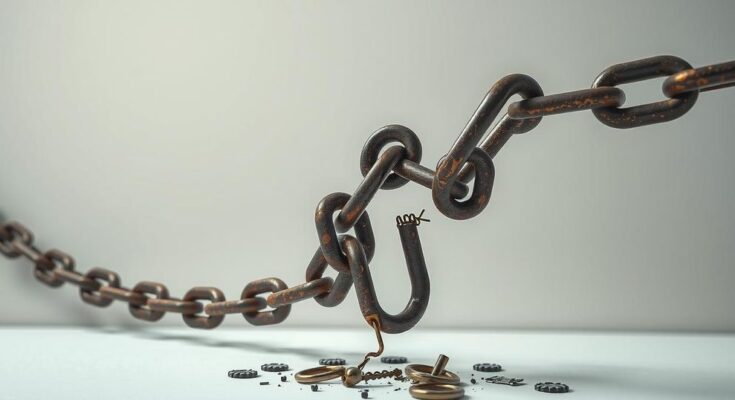Former Ethiopian President Mulatu Teshome claimed that Eritrea is using the TPLF to instigate conflict, but the Ethiopian government has distanced itself from his views. Eritrea’s Minister of Information responded with accusations of Ethiopian warmongering. Amidst these tensions, concerns about military escalations and potential conflicts are rising between the two countries, with differing narratives on reported developments.
The Ethiopian government recently refuted claims made by former President Mulatu Teshome regarding Eritrea’s involvement with the Tigray People’s Liberation Front (TPLF). In his op-ed on Al Jazeera, Mulatu suggested that Eritrea was inciting conflict in the region for business purposes, urging prevention of future warfare. This prompted Eritrea’s Minister of Information, Yemane Gebremeskel, to accuse Ethiopia of “warmongering.”
However, the Ethiopian Ministry of Foreign Affairs clarified that Mulatu’s views were solely personal opinions rather than official government positions. Ministry spokesperson Nebiyu Getachew remarked that Ethiopia boasts multiple former presidents, implicitly contrasting this with Eritrea’s single leadership. This statement emphasizes Ethiopia’s political dynamics in light of regional tensions.
Following these developments, there were reports of Eritrea adjusting its military strategies, including mobilizing older veterans and imposing restrictions on travel for younger citizens. An activist supporting the Eritrean government rejected these reports as false, expressing a preference for state media over Western sources. As relations between Ethiopia and Eritrea worsen, concerns about a potential conflict escalate.
In summary, the Ethiopian government has publicly distanced itself from claims made by former President Mulatu Teshome, emphasizing that his statements do not reflect official policy. The exchange between Ethiopia and Eritrea highlights ongoing tensions, with the potential for conflict growing. As developments unfold, the relationship between the two nations remains volatile, prompting international scrutiny.
Original Source: borkena.com




